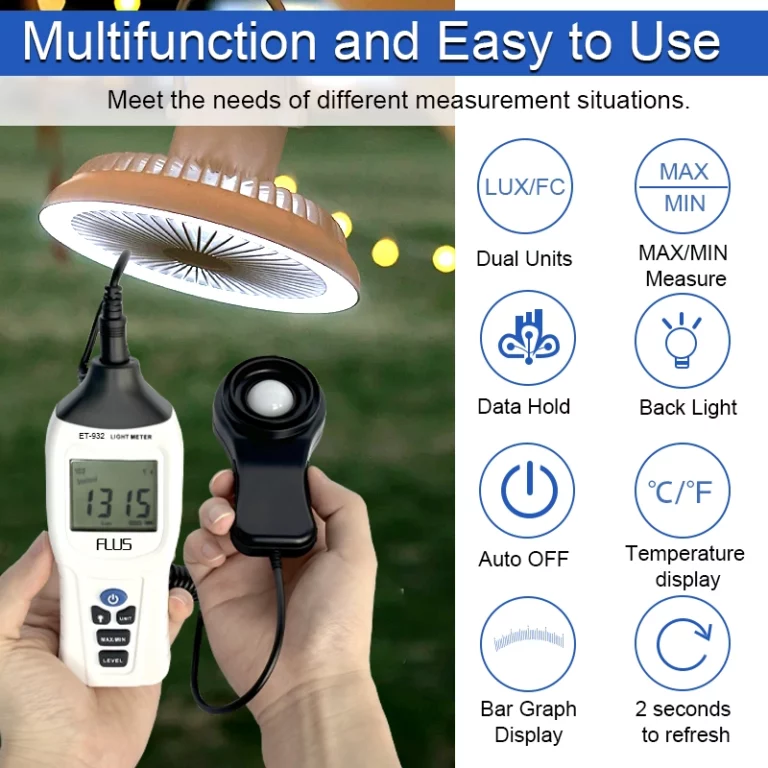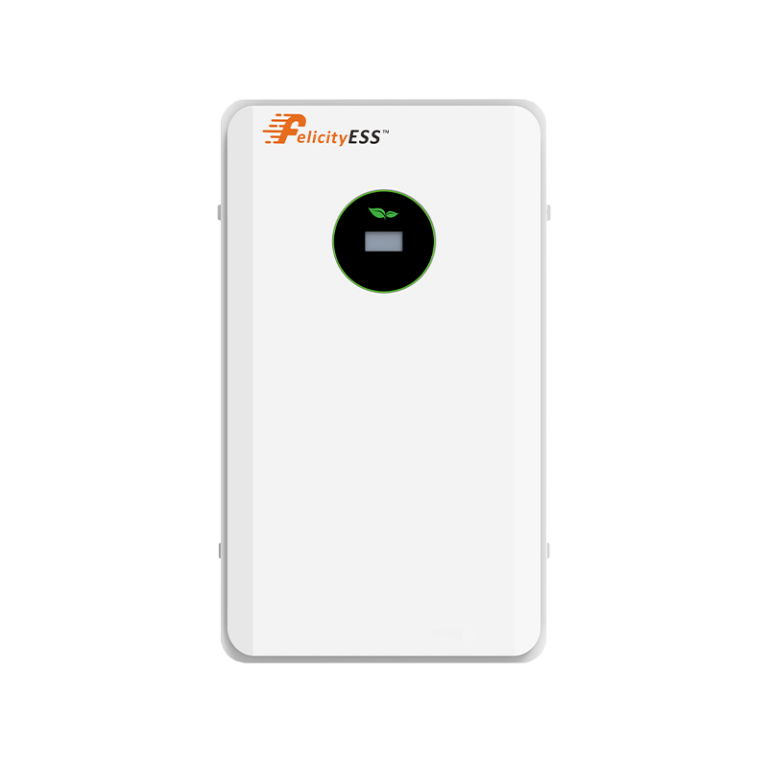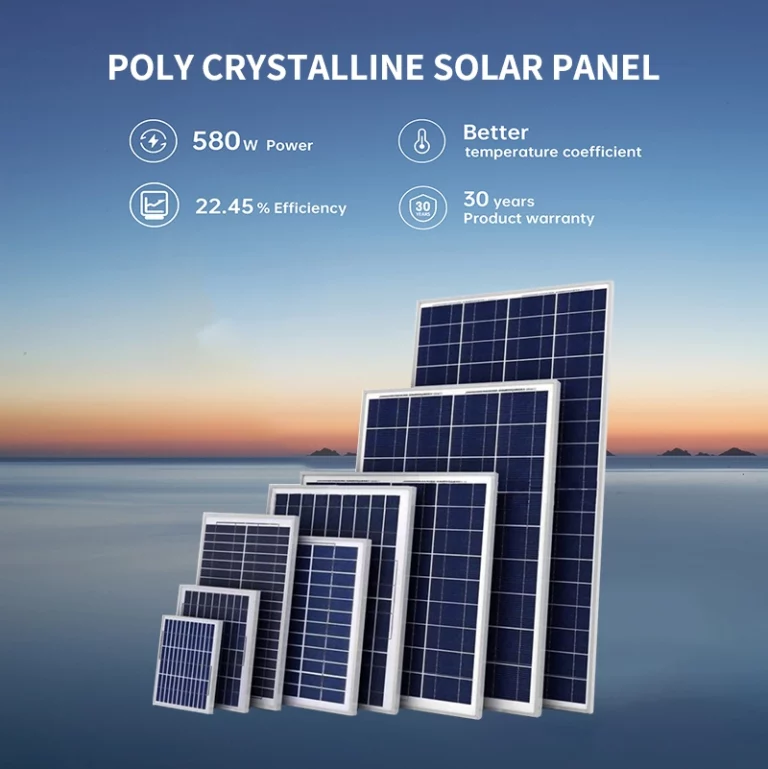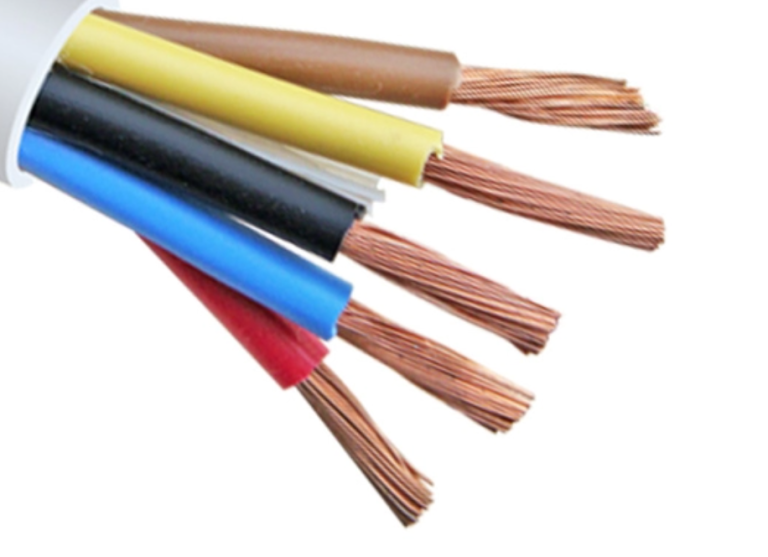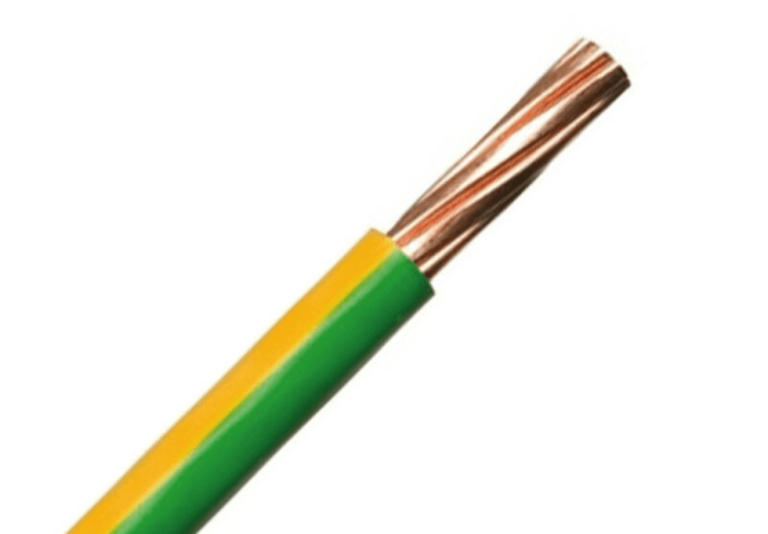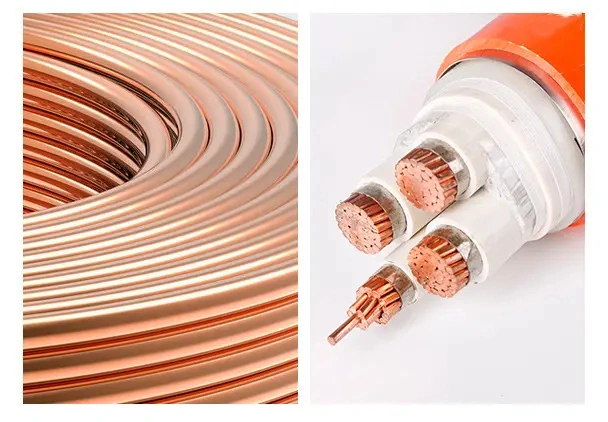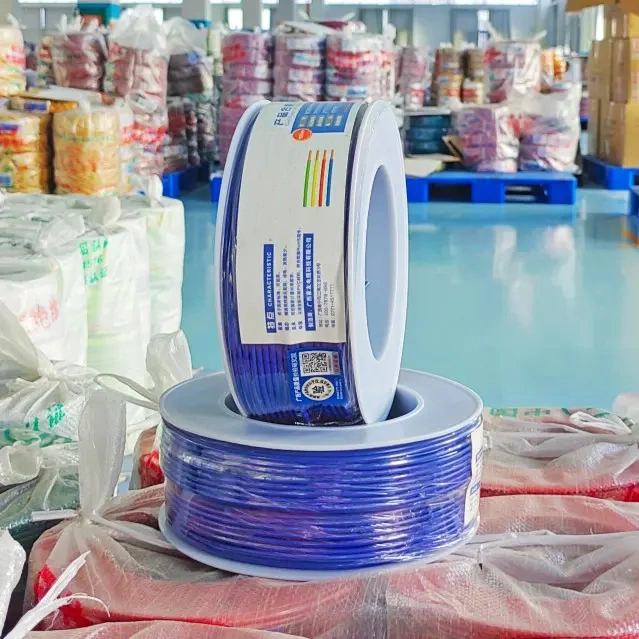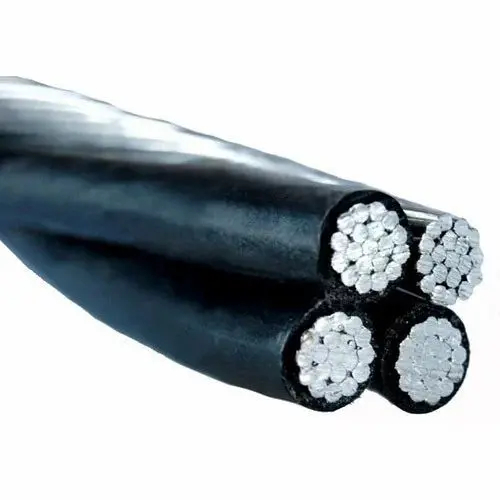目录
Flexible Earth Cables are an integral part of a home or office network. They aid in distributing and transmitting electrical power to various devices throughout the building.
Are you looking for a high-quality flexible earth cable? Look no further! This comprehensive guide will give you all the information you need to make an informed decision and choose the suitable cable for your project. We’ll cover details about it. With this guide, you’ll be able to identify the high-quality cable for your specific needs and be confident in your purchase. Read on to learn more!
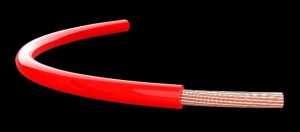
What is a flexible earth cable?
A flexible earth cable (FEC) is a type of flexible electrical cable made up of a metallic conductor surrounded by synthetic insulation. These cables have a specific application for grounding, such as for grounding electrical equipment or connecting a building’s grounding electrode. They are usually sold in large coils and are easy to install due to their flexibility. These types of cables are made of an insulated conductor inside a synthetic sheath. They are designed to be used in dry, outdoor environments with occasional exposure to water. The type of insulation and conductor used will depend on the frequency of use, voltage rating, and current capacity. These cables are for low-voltage (low-volt) indoor and outdoor applications.
Advantages of flexible earth cable:
- There are many advantages to using these types of earth cables.
- The cable is easy to install – Since cables are flexible, they are easy to manipulate and install. It includes bending and routing the cable and installing the connectors and terminations. The ease of installation makes them a good choice for do-it-yourself projects.
- The cables are durable and long-lasting – Flexible cables have a long lifespan and are suitable for use in all types of environments, including dry and wet areas. They are also resistant to UV and weather damage.
- They are suitable for indoor and outdoor applications. You can use cables indoors or outdoors in dry or wet conditions, which makes them a good choice for most electrical projects and applications.
- They are available in different types and sizes – There are many types of cables available for different applications and voltages. You can choose the type and size that suits your project.
How to choose the suitable flexible earth cable:
If you’re wondering how to choose a suitable cable for your project, there are a few things you should consider.
- First, you should determine the amount of voltage present in your system. Using a volt drop calculator, you can calculate the voltage drop from the source to the load.
Next, you should determine the cable type required for your project. Three types of electrical conductors are used in flexible earth cables: Copper, aluminum, and steel. - Copper: Copper is the most famous conductor and is used in many types of cables. It is an excellent conductor, has high conductivity, and is easy to work with. It is also resistant to corrosion, but the high cost may make it more expensive than other options.
- Aluminum: Aluminum is cheaper than copper but is more challenging to work with. It is also not as corrosion-resistant as copper, but it is still a good conductor.
Steel: Steel is the cheapest conductor, but it is the least conductive. It is also the least corrosion-resistant.


